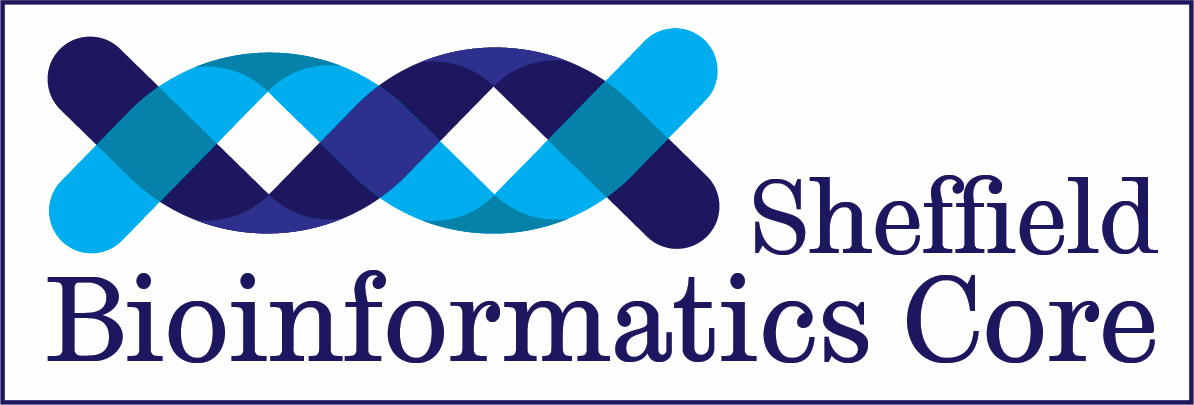Monday 30th January 09:30 - 16:30 Bartolome House, Seminar Room EG03
This workshop will be in-person only. We will run online sessions in the future
Some basic R knowledge is assumed (and is essential). Without it, you will struggle on this course. If you are not familiar with the R statistical programming language we strongly encourage you to work through an introductory R course before attempting these materials. We recommend reviewing Parts 1 and 2 of our R introductory course before deciding if you can attend
You can sign-up to attend either in-person or online using this link
If you are registering to attend as a University of Sheffield staff or student, you will be prompted for a password. This should have been sent to you in an announcement email.
Recent advances in gene expression technologies have made it possible to measure transcription for individual cells - enabling researchers to understand cellular heterogeneity and understand complex tissue types. In this course we describe the analysis of data derived from such experiments using the R language.
We will focus specifically on data generated using the 10X protocol, although the methods will relevant to other technologies
Researchers in life sciences who want to get an appreciation for the computational steps involved in Single-cell RNA-seq analysis, and how to execute best-practice RNA-seq workflows in R.
For queries relating to collaborating with the Bioinformatics Core team on projects: bioinformatics-core@sheffield.ac.uk
Join our mailing list so as to be notified when we advertise talks and workshops by subscribing to this Google Group. You can also connect with us on Linkedin.
Requests for a Bioinformatics support clinic can be made via the Research Software Engineering (RSE) code clinic system. This is monitored by Bioinformatics Core staff, so we will ensure the appropriate expertise (which may involve individuals from multiple teams) will be available to help you
Queries regarding sequencing and library preparation provision at The University of Sheffield should be directed to the Multi-omics facility in SITraN or the Genomics Laboratory in Biosciences.
